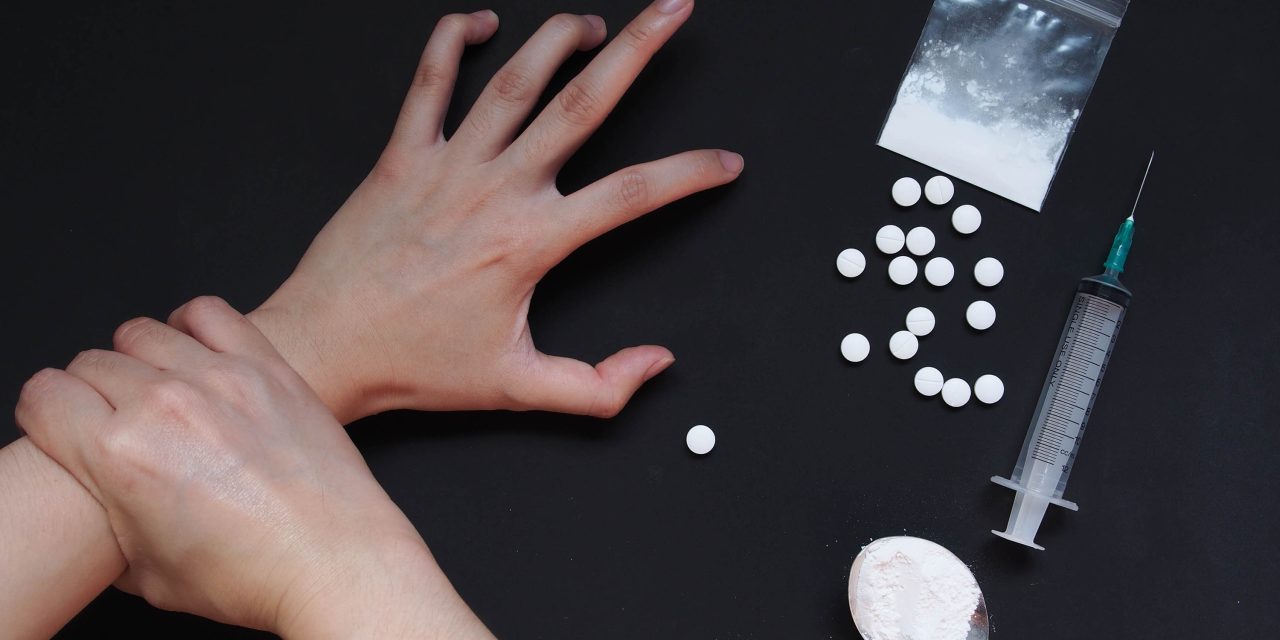The opioid epidemic gripping the nation with record-setting overdoses has another health challenge: Hepatitis C, an acute liver infection whose power and reach has grown tremendously over the years because of the opioid epidemic.
The rate of new Hepatitis C infections reported in 2018 was four times higher than in 2009, reports the Centers for Disease Control. The CDC also noted that 2018 marked a decade of increases in new hepatitis C infections among people in their 20s and 30s, with injection drug use as the primary route of transmission.
If left untreated, Hepatitis C can lead to liver cirrhosis, liver cancer, and eventually death. But there is good news on the Hep C front: this is a disease that can be cured.
Michelle Schmook has worked at The Project of the Quad Cities, where I also work, for seven years mostly as a medical case manager for people living with HIV. Recently she moved to a Patient Navigator role strictly for clients with Hepatitis C.
“As a patient navigator, I help our clients navigate the process of getting cured for Hepatitis C. Basically, I help them get around all the barriers and blockades that exist along the way,” she said.
Schmook does a little bit of everything for her clients. From transporting people to doctor’s appointments to helping with housing, her role is to break barriers wherever possible. For her clients—the majority of whom currently or formally inject drugs—there are plenty of barriers.
“The people I work with mostly face socioeconomic challenges,” Schmook said. “Most are from lower income families who’ve experienced poverty, and many have unresolved trauma. They turn to injection drug use to avoid dealing with that trauma. It’s a coping mechanism.”
New medications for the treatment of Hepatitis C have proven remarkably effective. Yet many infected with Hepatitis C remain uncured because they don’t know they have it or because of difficulties accessing medication.
“Getting cured isn’t always easy,” Schmook said. “Take Iowa Medicaid for example. If a person is still actively using, they might get rejected for medication because they need a clean urinalysis.”
Illinois, Schmook says, is a little easier to navigate with Managed Care Organizations more likely to cover the cost of medication even if the person is still using certain substances. Once a person finally gets their meds, they aren’t always so excited to take them, Schmook says.
“Another barrier clients face is feeling like they don’t deserve to be cured.
The traumas that these people have experienced leaves them feeling like they don’t deserve to be healthy. They’ll literally hang on to the meds and not take them.”
Others might be reluctant to finish their meds because of the resources they might lose after becoming cured and exiting The Project’s program.
“I’ve had clients ask me, ‘What happens after? What will I do then?’”
Schmook says that along with battling self-doubt, her clients must also combat what society thinks about them.
“People who inject drugs are people. Everyone deserves an opportunity to become better. Who are we to judge what people have been through in their lives or why they choose to use drugs? It’s not our life and we’re not walking in their shoes.”
Michelle’s goal is simple: to help as many people as possible. She says she’s grateful to be in her role with The Project’s full gamut of resources.
“We have a primary care provider. We have a sexual health clinic. We have a lab. We have a pharmacist. We have counselors. We have exactly everything our clients need to move forward.”
To learn more about The Project and its Hepatitis C program, visit tpqc.org/HepC.


